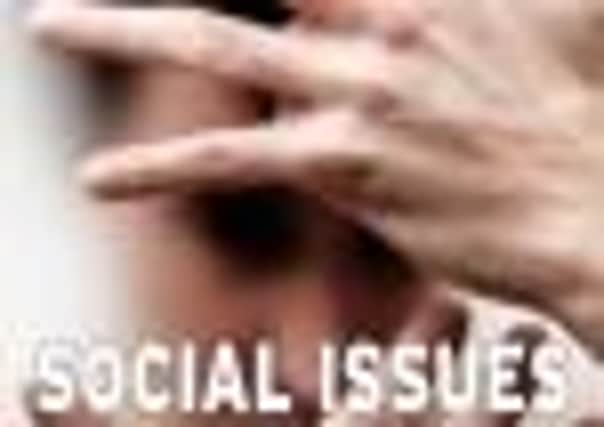Counterfeit alcohol seizures soar, says report


The research indicates that alcohol seizures, in particular, are likely to become the main focus of local authorities to the detriment of other categories such as consumer electronics.
The investigation revealed no formal method for sharing intelligence between public health authorities and the drinks industry to identify counterfeit alcohol, which often contains ingredients such as methanol and anti-freeze that can cause severe injury or even death.
Advertisement
Hide AdAdvertisement
Hide AdA series of Freedom of Information requests to all the trading standards authorities in the UK (excluding Northern Ireland) uncovered alarming increases in the number of occasions where counterfeit alcohol was seized.
The period of the research was up to June 2011 - before the highly publicised incident in Boston, Lincolnshire where five men lost their lives when the illegal still they worked in exploded.
Of the 110 trading standards authorities who were approached, 82 responded. Those that responded reported that between June 2008 and June 2009, there were 31 occasions where counterfeit alcohol was seized. Between June 2010 and June 2011, there were 158 occasions where counterfeit alcohol was seized.
The research also reveals that occasions where consumer electronics were seized more than halved in the same period. Fake branded clothing and luxury goods suffered even more dramatic falls - with seizures down by almost two-thirds.
Advertisement
Hide AdAdvertisement
Hide AdThe drop in seizures in other categories can be explained by the strain on the resources of local authorities due to budget cuts - meaning that they are diverting resources away from seizing fake consumer electronics and branded clothing in particular.
Globally, the trade in counterfeit electronics is worth $100 billion. Many counterfeit consumer electronic products are manufactured in China and the Asia Pacific region and are smuggled into the UK. These products often fall well short of UK and EU safety standards – causing a hazard to unsuspecting consumers.
“Most of the evidence points to a policy change by trading standards authorities to target alcohol and tobacco rather than any decrease in illegal activity in other categories such as counterfeit electronics,” said Kris Sangani, consumer technology editor at E&T Magazine who led the investigation.
“Without any guidance, there is no compulsion for A&E departments within NHS authorities to record or even investigate instances of alcohol poisoning related to fake alcohol.
Advertisement
Hide AdAdvertisement
Hide AdOther than providing a public ‘hotline’ to report suspected counterfeit alcohol and the most basic guidance, such as looking out for spelling mistakes and other obvious discrepancies, there is no formal co-operation between the drinks industry and the NHS.
The latest edition of E&T features a 16 page special, the A-Z of Fakes, highlighting the diverse items that are counterfeited and the various technologies used to foil the criminals.